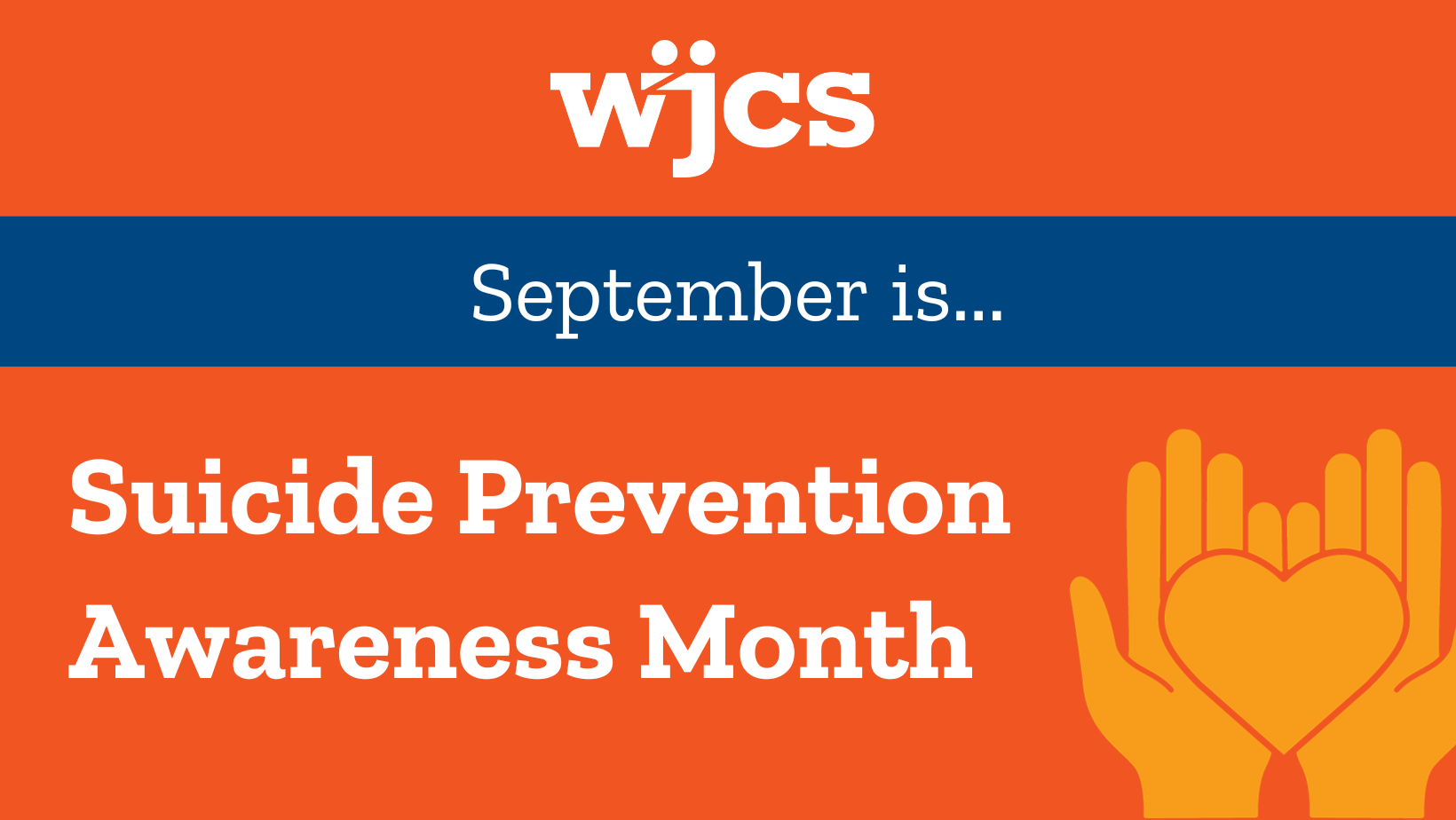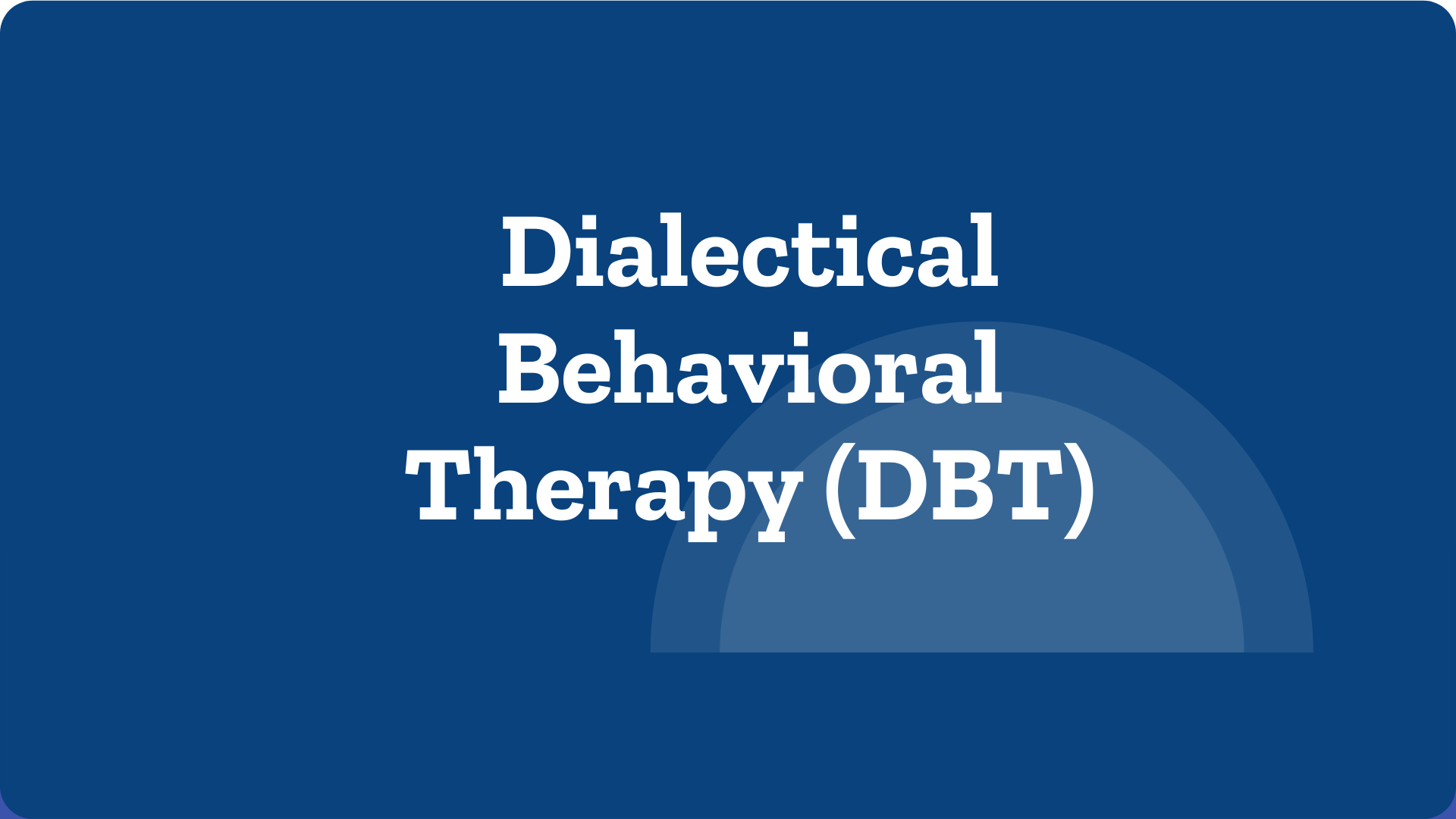September is Suicide Prevention Month
Recent data shows that in the United States suicide rates are the highest they have been since World War II. According to the National Institute of Health, there were more than 47,000 suicides in 2019, twice the number of deaths caused by homicide. Self-violence is a problem we cannot ignore. Suicide affects people of all genders, ages, and ethnicities. We all need to be prepared with information and resources to help someone who is exhibiting signs of despair, isolation, rage, pain, and suicidal thoughts. While there is no single cause for suicidal behavior, common risk factors include: Depression or ...



